Anna Julia Cooper’s Courageous Revolt: The History Behind ‘Tempestuous Elements’ at Arena Stage
An unsung hero from D.C. history has received a much-deserved spotlight in Tempestuous Elements, a new play at Arena Stage about visionary educator Anna Julia Cooper. Tempestuous Elements tells the story of Dr. Cooper’s struggles and triumphs as principal of the influential M Street High School in the early 20th century. In 1905, Dr. Cooper was removed from the position of principal by the D.C. Board of Education because she insisted on maintaining a classical curriculum equal to what was taught at white schools at the time. Her removal came along with scandal and outrage and is one of the most well-known aspects of her life. But there is so much more to tell about Dr. Cooper, so we spoke to two of the people who helped bring the history to life: Otis Ramsey-Zöe, the play’s dramaturg, and Vanessa Dalpiaz, Arena Stage’s Artistic Development Fellow. Otis and Vanessa walk us through notable moments from Dr. Cooper’s life and discuss her legacy in D.C.
This interview has been edited and condensed for clarity.
What was Anna Julia Cooper’s background before she came to D.C.?
Vanessa: Anna Julia Cooper was born into slavery in North Carolina, and she grew up in Raleigh. She had a grandfather who helped build the capitol building there and a mother who worked as a silk maker. Once emancipation came, she was put into school by her mother almost immediately and attended St Augustine's Normal School in Raleigh. She got married, was widowed, attended Oberlin and got her BA there and her master's degree in math. After that, she was hired by M Street in Washington to teach math and classical languages. She taught there for 10, 15 years and then was made principal.
What made the M Street School such an enticing job offer for Dr. Cooper?
V: M Street was the peak of secondary education for Black people at that time in the U.S. It was probably the greatest secondary school for Black students in the country. Almost as importantly it paid significantly better than even some university jobs did at that time to work at M Street.
Dramaturgs help actors interpret the script, which often includes giving historical and social context for the story. How did you conduct historical research?
V: My primary research was putting together the actor packets so our actors could look at the actual historical information. I was doing a lot of combing through newspaper archives that I had access to, the Washington Bee primarily, to get some of those primary resources. I also used The Portable Anna Julia Cooper which is a collection of Dr. Cooper’s writing that was edited by [literary scholar and author] Shirley Moody-Turner.
Otis: The playwright visited the Moorland-Spingarn collection on Howard University’s campus in addition to talking to Shirley Moody and worked with the dramaturg and scholar Soyica Colbert at Georgetown. I’m focused on the script’s development so my attention, while interested in the research, had been around the script, the storytelling, the narrative arc and things of that nature. A lot of my attention has been on how the script is working.
Was any of the play’s dialogue taken from Dr. Cooper’s own writing?
O: The playwright, Kia Corthron, has a gift for writing really strong characters who are instantly recognizable and complex and nuanced. A lot of what comes out of Anna Julia Cooper’s mouth is borrowed from her words. Maybe remixed, maybe if we hear her giving a speech that’s from two or three different speeches or maybe it’s something she wrote as an essay. We hear so much of Anna Julia Cooper’s writing in the play. There’s at least one moment that I can remember where Kia needed to finesse and write her own words and it sounds so in the spirit of Anna Julia Cooper that it’s spiritually her words. Even if we cannot say “she said this exact sentence,” she’s expressed this idea and that idea before, so we can still have the character say it and it represents the absolute truth.
What is Anna Julia Cooper’s legacy in D.C.?
V: There’s a line towards the end of the play where Charlotte Forten Grimke, who was also an educator and activist and a good friend of Dr. Cooper’s, says history remembers these great speakers and scholars, but they often forget the teachers. At her core, Anna Julia Cooper is a teacher. That’s her legacy, the number of lives that she touched and uplifted and supported both through her scholarship and through herself as a teacher.
O: Her legacy is elevating teachers and education. It is what happens in the classroom but also a way of being in the world. I also think about what we see exemplified in this play. Anna Julia Cooper was a teacher, but she also permitted herself to be taught by those around her. We meet one student in particular who has various family challenges and the way in which Dr. Cooper then is able to support the student is about learning what your students need from you.
The play references a line from Dr. Cooper’s writing, in which she describes her fight for a classical curriculum at M Street as a “courageous revolt.”
V: In that moment, she’s pushing back against the white male powers that be that are trying to put her as a Black woman back in her “place” and take her out of power. Her revolt is to, even as just one person who was the principal of one school, allow that to be where she makes change and pushes back. That can be an important lesson in our own lives. Even on a smaller scale, we affect change, and we can push back and we can revolt.
O: It’s an invitation to our audience to think about an area of your life or the world you live in that requires your courageous revolt.
Tempestuous Elements has now closed, but you can still visit Arena Stage’s website for more information.


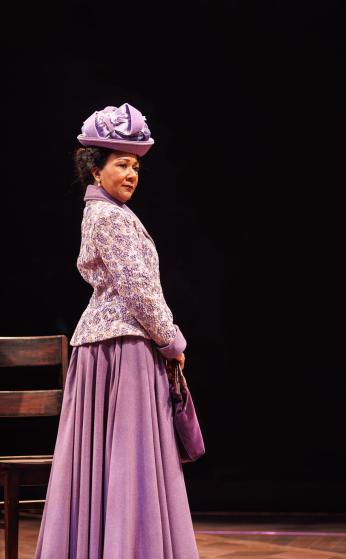
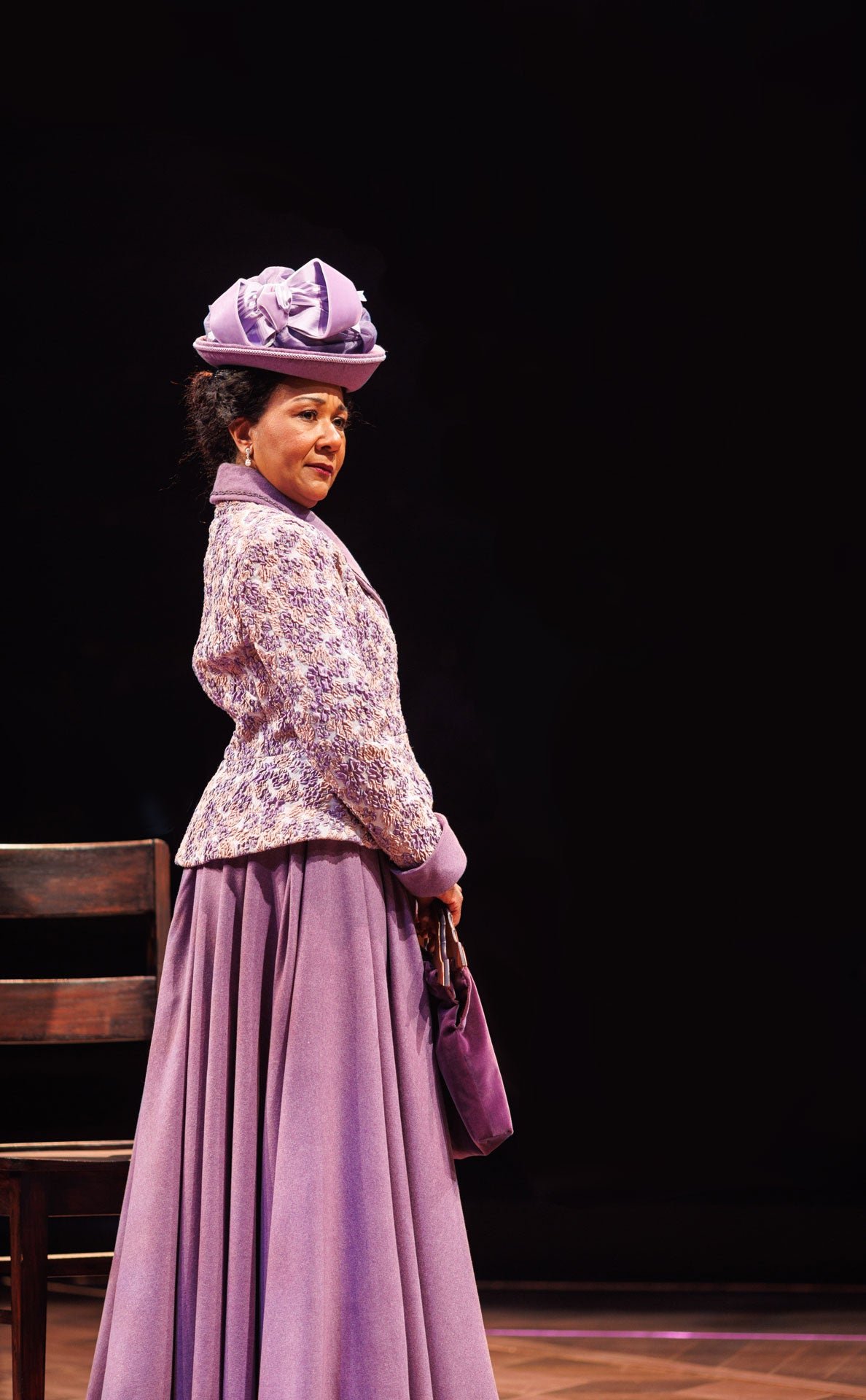
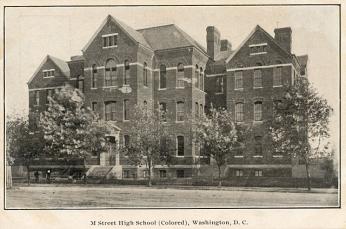
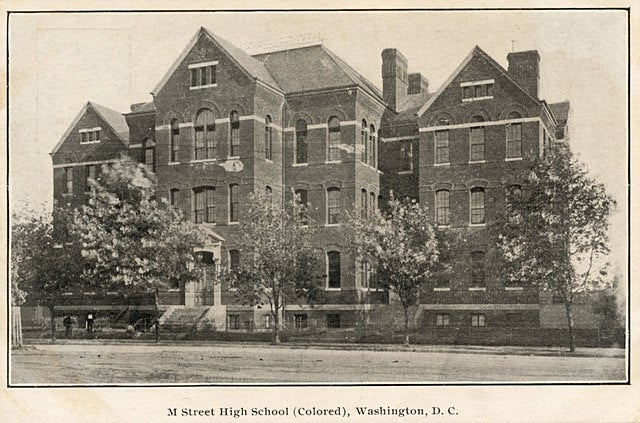
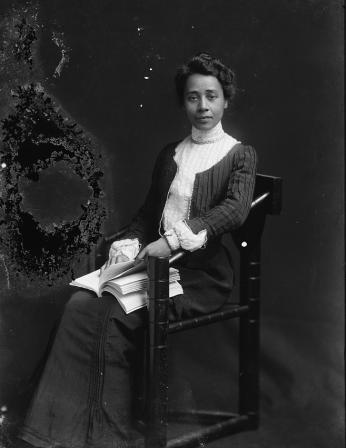
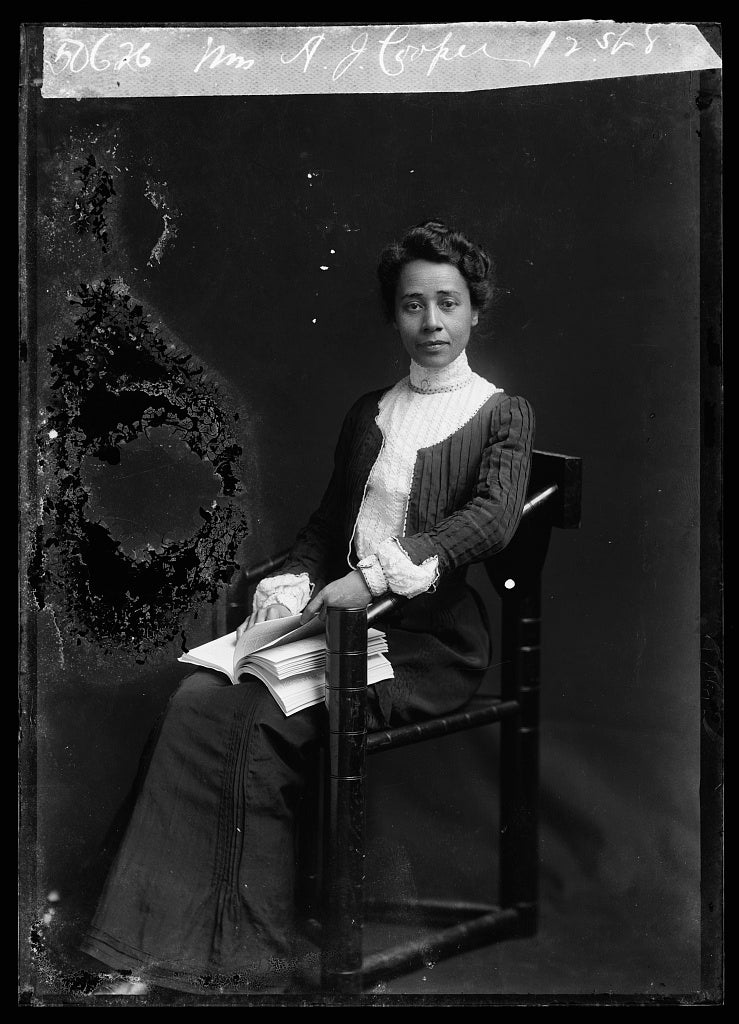
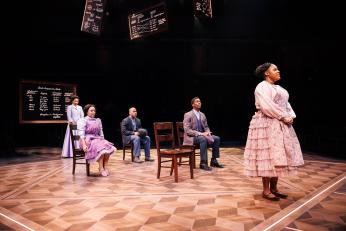
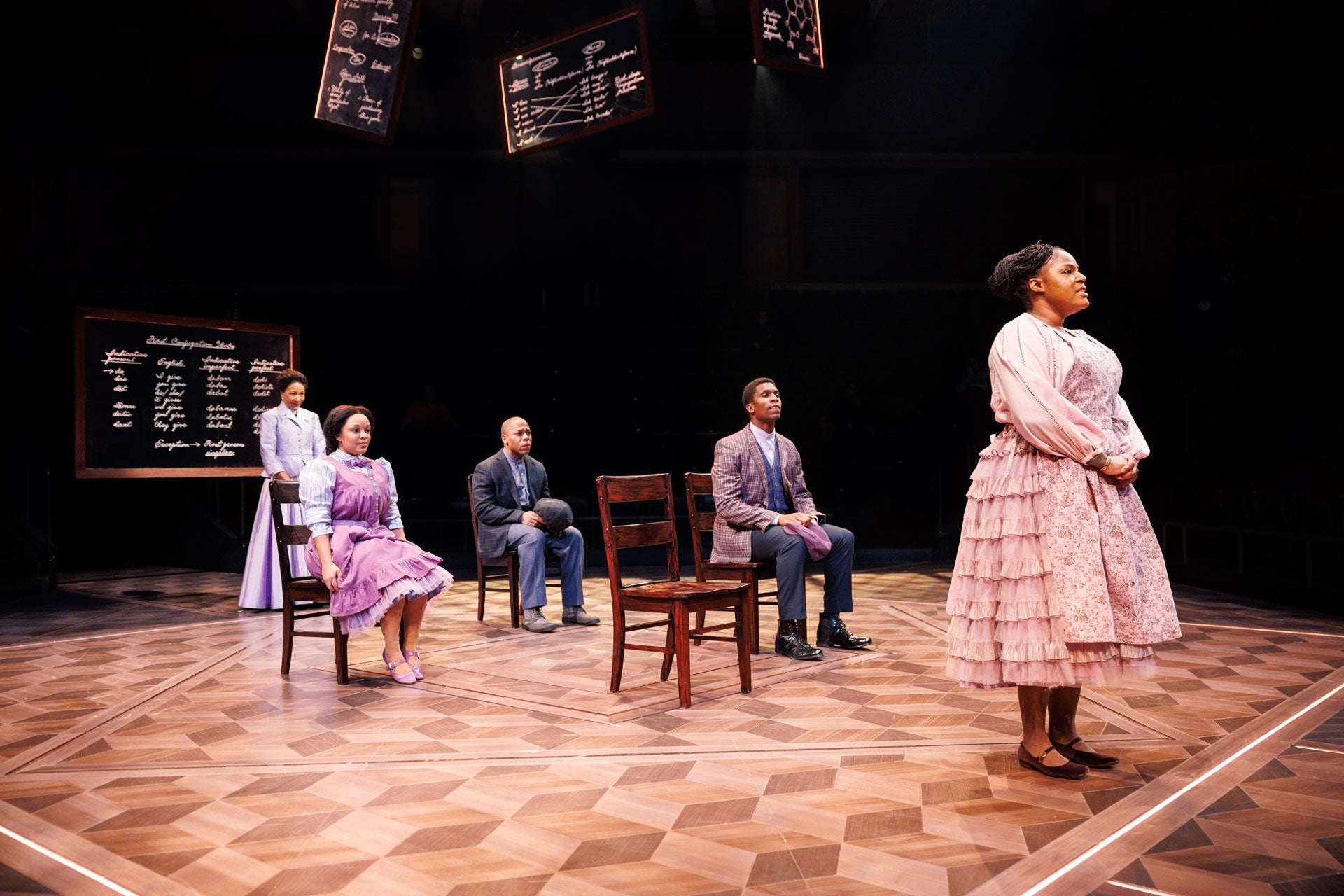
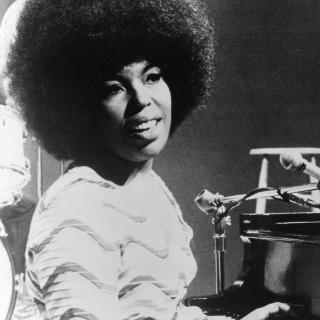
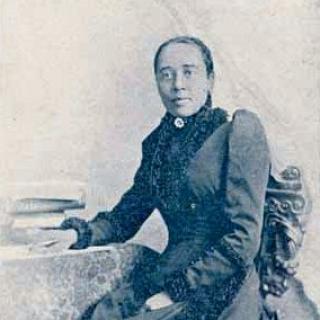
![Sketch of the mythical fuan by Pearson Scott Foresman. [Source: Wikipedia]](/sites/default/files/styles/crop_320x320/public/2023-10/Goatman_Wikipedia_Faun_2_%28PSF%29.png?h=64a074ff&itok=C9Qh-PE1)












